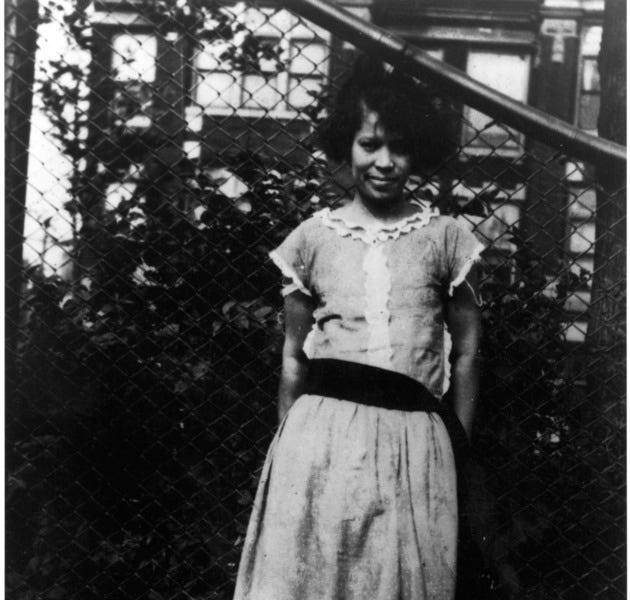STRAWBERRY MOON 2024

🌈 Abstract
The article is a biographical narrative about the life and work of Zora Neale Hurston, an influential African American writer and anthropologist. It explores Hurston's childhood experiences, her prophetic visions, the hardships she faced later in life, and the eventual rediscovery and recognition of her literary legacy.
🙋 Q&A
[01] Zora Neale Hurston's Childhood
1. What was the argument between Zora Neale Hurston and her friend about the Moon?
- Hurston claimed the Moon would follow her whenever she played in the moonlight, while her friend said the Moon didn't care about Zora at all and was too busy following her.
- To settle the dispute, the two girls raced in opposite directions, both claiming victory.
- Hurston was deeply hurt by the "unfaithfulness of the moon" when the other children told her the moon always followed them.
2. What were the 12 prophetic visions Hurston experienced as a child?
- Hurston had a series of 12 disconnected but vivid visions that foretold the major events of her life, including becoming an orphan, being homeless, and eventually finding peace and love with two women.
- She never told anyone about these visions, not even her mother, who was otherwise indulgent of Hurston's imaginative tales.
3. How did Hurston's mother respond to her daughter's fanciful stories?
- Hurston's grandmother would get angry at her "lies" and threaten to punish her physically.
- However, Hurston's mother encouraged her children to "jump at de sun" and never tried to break her daughter's spirit.
[02] Hurston's Life After Her Mother's Death
1. How did Hurston's visions unfold after her mother's death?
- Hurston's visions all came true in the precise order she had seen them, including her leaving home at night, becoming an orphan, and eventually finding peace with two women.
- The fulfillment of these visions marked the end of Hurston's innocence and the beginning of her journey to make a new life for herself.
2. How did Hurston overcome her lack of formal education?
- Hurston lied about her age, claiming to be born in 1901 rather than 1891, in order to enroll in public school and eventually attend Barnard College.
- At Barnard, she studied anthropology and began collecting African American folktales, which she referred to as "lies."
3. What were the challenges Hurston faced later in her life?
- Hurston's novels, including her acclaimed work "Their Eyes Were Watching God," were not well-received by the literary establishment of the Harlem Renaissance.
- She spent the last years of her life in poverty, living in a small cottage and working as a substitute teacher, with her books out of print.
[03] Hurston's Legacy
1. How was Hurston's legacy preserved after her death?
- After Hurston's belongings were nearly destroyed, a Black sheriff's deputy named Pat DuVal intervened and saved her charred, waterlogged papers, which were later donated to the University of Florida.
- Hurston's unfinished biography of King Herod is now set to be published in 2025.
2. How is Hurston's legacy celebrated today?
- Hurston's books are now back in print and she is widely read and celebrated as a "Genius of the South."
- The annual ZORA! Festival is held in Eatonville, the town Hurston watched disappear in one of her childhood visions.
3. What is the author's perspective on the inevitability of Hurston's and her works' eventual demise?
- The author acknowledges that, like all things, Hurston's bones and books are destined to be consumed by the Sun's eventual destruction of the Earth.
- However, the author suggests that this fate is not imminent, and Hurston's legacy continues to be celebrated and preserved in the present day.